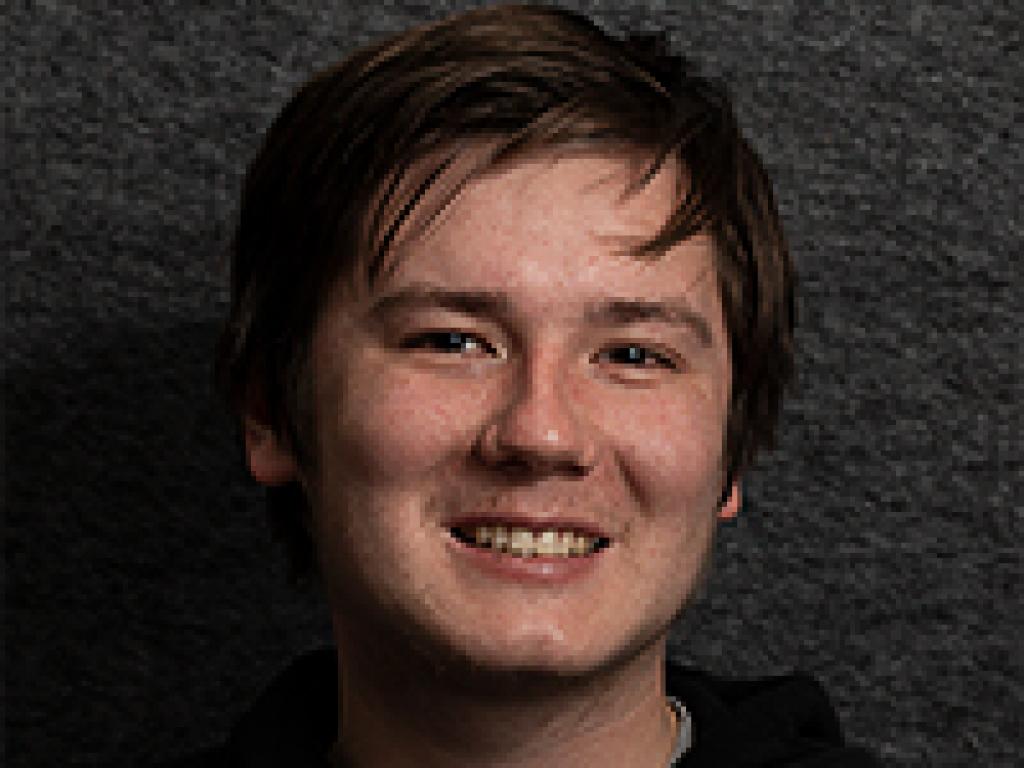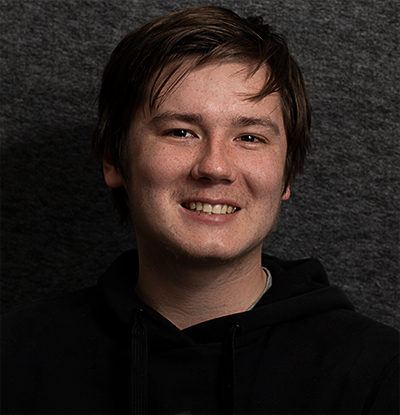Ryan Tripod: honours


“Companies are looking more and more for people who have a wider range of skills. They want programmers who understand the business that they are in,” said Ryan. “I wanted to be someone who could understand how business processes work and to be able to create the systems that businesses need.”
The honour’s year looks at refining the technical skills learnt as an undergraduate, but focuses on analysing business needs – understanding in detail what the customer wants and providing a system that fulfils these needs in a user-friendly way.
Much of the coursework is done in groups and this has been useful for Ryan in learning how to work together, meeting deadlines and sharing different perspectives. Project management skills include daily stand-up scrum meetings, sprints and strategies for meeting deadlines and dealing with conflict.
The year’s software project, also done as part of a team of four or five working under a supervisor, involves designing and developing a system for a real company. Ryan and his team members worked on a question management system for UCT’s own Health Sciences Department. The project assisted lecturers to create multiple-choice tests on the fly.
Coming from a more technical bachelor’s degree, Ryan has embraced the freedom of the research project, throwing himself into a study of psychology to help him with his investigation into the effect of Internet gaming disorder on the social relationships of millennials. It’s not all bad, he believes, many people use gaming to interact and spent time with friends, but Ryan’s preliminary research results suggest a link between depression, lack of self-identity and gaming addiction.
Ryan also took part in Discovery’s Gradhack, a 72-hour hackathon, during which he and teammates Natasha Oates, Nasiha Ally and Zack Zornitta, developed a system that aims to boost communication between informal workers and potential employers.
The PayDay platform idea looks to link informal work seekers who typically gather at road intersections with potential employers. The projects dealt with trust issues and competency, as well as the technical limitations of the feature phones that many of the informal workers carry. It so impressed the judges that the team won first prize and were all offered future employment. Ryan intends to take up the offer as a developer or business analyst.
The position is not likely to see Ryan sitting behind a desk all day as IT requires communication between customers and businesses, working out how best to make systems work rather than just coding them.
